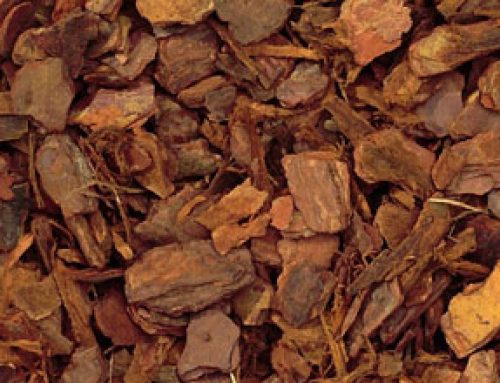Whether you live in a condominium or a single family home that’s part of an association no one is safe from termite damage. From the home you live in to the community pool house the damage that these critters can wreak can cost you or your association thousands of dollar to repair. Many mortgage companies will not close a loan without a termite inspection or letter from your pest control company.
One way to protect your home and common elements from becoming a buffet for these particular pests is securing a termite bond with a licensed pest control company. A termite bond is an agreement between a pest control operator and a person or entity. The agreement in most cases involves an initial inspection and treatment that will give you a guarantee against termite damages. Additional treatments required during the term of the bond are usually at no added charge. In typical bond agreements the company agrees to repair damages incurred by termites during the term of the bond with terms and exclusions of course. Make sure you read the agreement carefully and understand the details before executing the agreement.
Some common exclusions are for instance where wood abuts soil or where there isn’t a certain margin of separation from soil to wood structure. The terms of the agreement will vary from company to company but most should have a fairly consistent theme. As with all contractors, get references and multiple proposals to ensure you’re getting the best value which doesn’t always mean the cheapest price.
Most bonds will include an annual inspection that will in may generate a report of moisture levels in crawl spaces and closed structure. This can be beneficial beyond termites as an indicator of other potential issues such as wood decaying mold/fungus. It can also alert an association or a homeowner to problems such as damaged insulation or vapor barriers.
Do your due diligence and consider implementing a termite bond. Your operating fund will probably thank you and no one likes to get a special assessment when prevention could have avoided it.





